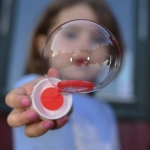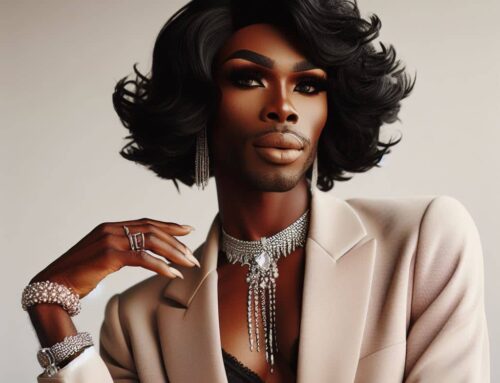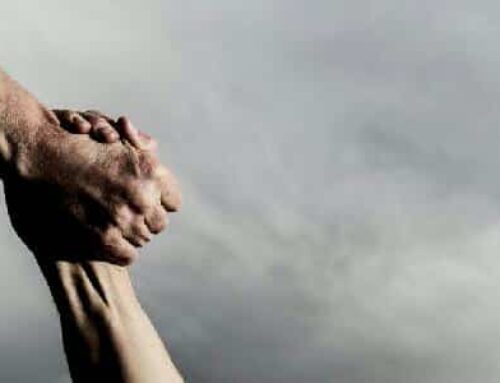 Our childhood hurts are born from our early or formative years, the first few years of our lives are hugely important for our emotional development, often referred to as the study of ‘attachment‘ these early formative years actually determine how well and how happy we become.
Our childhood hurts are born from our early or formative years, the first few years of our lives are hugely important for our emotional development, often referred to as the study of ‘attachment‘ these early formative years actually determine how well and how happy we become.
The parenting and nurturing we receive in our formative developmental years has a huge bearing on our self esteem, self worth and how we view ourselves as a person. How we are in friendships and relationships.
Only 20% of children in the western world received what is described as the right emotional support in their formative years, this means that 80% suffered some form of Childhood Emotional Neglect, (CEN).
This label sounds, well, really bad and that maybe someone set out to hurt us, that’s not necessarily true, most emotional neglect results from a lack of parenting capacity or insight rather than any malice or intentional harm, childhood hurts is probably an easier description to accept.
So what are the signs that we may have grew up in an emotionally neglectful household or are still suffering from childhood hurts:
Constant mood changes?
All children experience intense and difficult to understand feelings and emotions, they can be extremely frustrating as we have to learn how to manage our emotions.
Without a positive adult to guide and coach us with how to manage these feelings, we learn to suppress our feelings and thus do not develop the skills and the emotional resilience of how to manage our moods.
Too Sensitive?
When we feel really hurt by things which don’t seem to bother other people as much, it can mean that as children we lacked the emotional sympathy and empathy which is necessary for us to learn how to soothe our hurts. Because we weren’t shown how to heal ourselves we become self critical and that feeling hurt is a weakness, this all plays into blocking how we express and deal with emotions.
You put others first?
Children have emotional needs, when those needs are not nurtured and explored, we learn that our needs must not be important to others and therefore we believe subconsciously that our needs don’t matter, this can make us put everyone else before ourselves.
Your problems are not important?
We all have problems in childhood, friendships, fitting in, our identity, feeling connected with and being a part of a social group. We needed to be able to talk to someone about those worries which are very important to us growing up, but because we don’t feel important then we begin to feel that our problems are not important and we keep them to ourselves. This creates anxiety and stresses which build over many years.
Strong people don’t cry?
Crying is one of human beings necessary release systems, its a way to let all the frustration and hurt out. For some crying in childhood resulted in a parent now knowing how to deal with a crying child or even shaming a child (big boys/girls don’t cry) this has a very damaging effect on emotional development because our natural way to express negative feelings is buried, what takes its place is often greater anxiety and anger.
Can’t let people see you’re vulnerable?
When your tears and crying were ridiculed or ignored as a child, a powerful subconscious message is imprinted, that you must hide your sadness and emotions from others or you may be seen as weak or people may pray on your vulnerabilities.
I can’t get angry?
Children get angry because they have not learned how to cope with the world we don’t yet understand. What we needed was help to identify that anger is a normal human emotion and we needed to be taught tools to learn how to deal with frustration and anger. in any cases we were told to shut up or punished for being angry, thus teaching us that anger is wrong and should not be expressed, the dangers of this are easy to see in a very angry world.
Difficulty in asking for help?
Children, teenagers, adults and parents all need help sometimes, but if as a child you were shunned or ignored when you sought support and guidance then we learn to feel shame in asking for help and avoid it, we can believe that if we ask for help it will not be given so we struggle on our own and lack the confidence in asking for support.
I have nothing interesting to say?
As children we reach a developmental stage where we are curious about everything, often referred to as the ‘why years’. We ask why about everything, parents who took time to answer the countless questions teach us a very important lesson, that our questions are important, conversely if our questions are ignored or even worse ridiculed or silenced we learn that our opinions and thoughts don’t matter and we feel we have nothing to add to the discussions.
I am all alone in this world?
As children we need to feel that we are part of something, a family, a group or a team, and that we will be supported, when that support is not available, maybe because our parent was busy or not emotionally equipped to support us, we begin to feel alone, this feeling continues into adulthood.
What it means?
These childhood hurts or gaps in our development, whilst damaging and difficult to cope with, are not permanent, or they don’t have to be, acquired childhood hurts can also be un-learned, what was lacking can be worked through and reversed in many cases.
Its never too late to put childhood hurts behind us and become fully functioning even when we had a less than perfect start in life.
Remember too that no matter how tough it is, you have got through all so far and it can get easier by dealing with the childhood hurts.
Try these useful reframing affirmations to start reversing those childhood hurts:
My strong feelings and emotions are normal, they make me who I am and connect me to others, it’s beneficial for me to be aware of changes in my mood and feelings.
Identifying my wants and needs in life is a key to me being happy, and living a fulfilling life.
Sharing my problems will help me to solve them
Crying is a healthy coping strategy
Allowing others see my feelings will help them to know me better
Anger is an important emotion which needs to be identified and dealt with in a way which does not damage me
If I can allow others to help me, they are more likely to allow me to help them, we work best when we work together
What I have to say is important, and I should start practicing expressing my views and asking questions
I am human, I am connected, I am important to this world
I am NOT alone.



